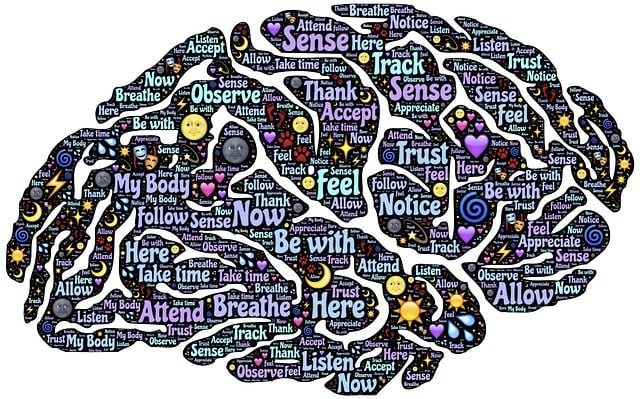Depression prevention focuses on understanding individual and relationship triggers, often involving past pain or communication issues. Parker Couples Communication Issues Therapy is an effective approach that enhances emotional connection and conflict resolution in couples, reducing depression risk. This structured therapy combines skills training and risk management planning to empower partners with tools for proactive mood regulation and improved life satisfaction. Integrating mental wellness programs into communities and workplaces fosters open conversations about depression, encouraging early intervention and collective resilience.
Depression is a prevalent and serious mental health condition that can significantly impact daily life. While it may seem complex, prevention is key, and there are effective strategies to ward off depressive episodes. This article explores three powerful approaches: understanding the root causes, enhancing communication skills, and leveraging therapy. By delving into these areas, individuals and couples can build resilience, foster supportive connections (Parker Couples Communication), and access tailored treatment options, ultimately empowering them in the fight against depression.
- Understanding Depression and Its Triggers: A Foundation for Prevention
- Parker Couples Communication: Fostering Supportive Relationships
- Therapy as a Tool: Navigating Treatment Options and Techniques
Understanding Depression and Its Triggers: A Foundation for Prevention

Depression is a complex mental health condition that impacts millions worldwide, often stemming from a combination of genetic predisposition, environmental factors, and lifestyle choices. Understanding its triggers is paramount in prevention efforts. Many times, depression results from unaddressed emotional pain, communication issues within relationships, or past traumatic experiences. For instance, couples therapy can be instrumental in identifying and resolving Parker-style communication problems that might contribute to depression.
Promoting mental wellness involves equipping individuals with coping skills for stress management and emotional regulation. Mental health education programs designed to foster awareness about depression symptoms, risk factors, and early intervention strategies are essential. By integrating these educational initiatives into community settings and workplaces, we can create a supportive environment that encourages open conversations about mental health, thereby enabling individuals to seek help before depression takes hold.
Parker Couples Communication: Fostering Supportive Relationships

Parker Couples Communication, often referred to as couples therapy, plays a pivotal role in depression prevention by fostering supportive and healthy relationships. Through this form of therapy, partners learn effective communication skills that help them understand each other’s feelings and needs better. This increased understanding leads to more empathetic interactions, reducing conflict and promoting emotional well-being.
By addressing communication issues, couples can enhance their mood management strategies together. The Mental Wellness Podcast Series Production often highlights the importance of open dialogue in maintaining mental wellness. In the context of depression prevention, Parker Couples Communication equips partners with tools to navigate difficult conversations constructively, ensuring they have a supportive system in place. This proactive approach not only prevents but also manages depressive episodes more effectively, ultimately contributing to a couple’s collective resilience and happiness.
Therapy as a Tool: Navigating Treatment Options and Techniques

Therapy plays a pivotal role in depression prevention and management. For couples experiencing communication issues, Parker Couples Communication Issues Therapy offers a structured framework to address underlying problems. This type of therapy focuses on enhancing emotional connection, improving conflict resolution skills, and fostering healthier patterns of interaction.
Through various techniques, such as Social Skills Training and Emotional Regulation strategies, individuals can learn to navigate challenging conversations constructively. Risk Management Planning is another valuable tool, helping clients anticipate potential triggers and develop coping mechanisms. Mental health professionals are equipped with these tools not only to support their own mental well-being but also to guide their clients towards lasting improvements in mood and overall life satisfaction.
Preventing depression involves a multi-faceted approach, from understanding individual triggers to fostering supportive relationships through Parker Couples Communication techniques. While therapy remains a crucial tool for managing symptoms, proactive strategies can significantly reduce risks. By combining these methods, individuals and couples can build resilience, navigate life’s challenges more effectively, and improve overall well-being. Remember that seeking help is a sign of strength, and with the right support, recovery and lasting happiness are achievable.














